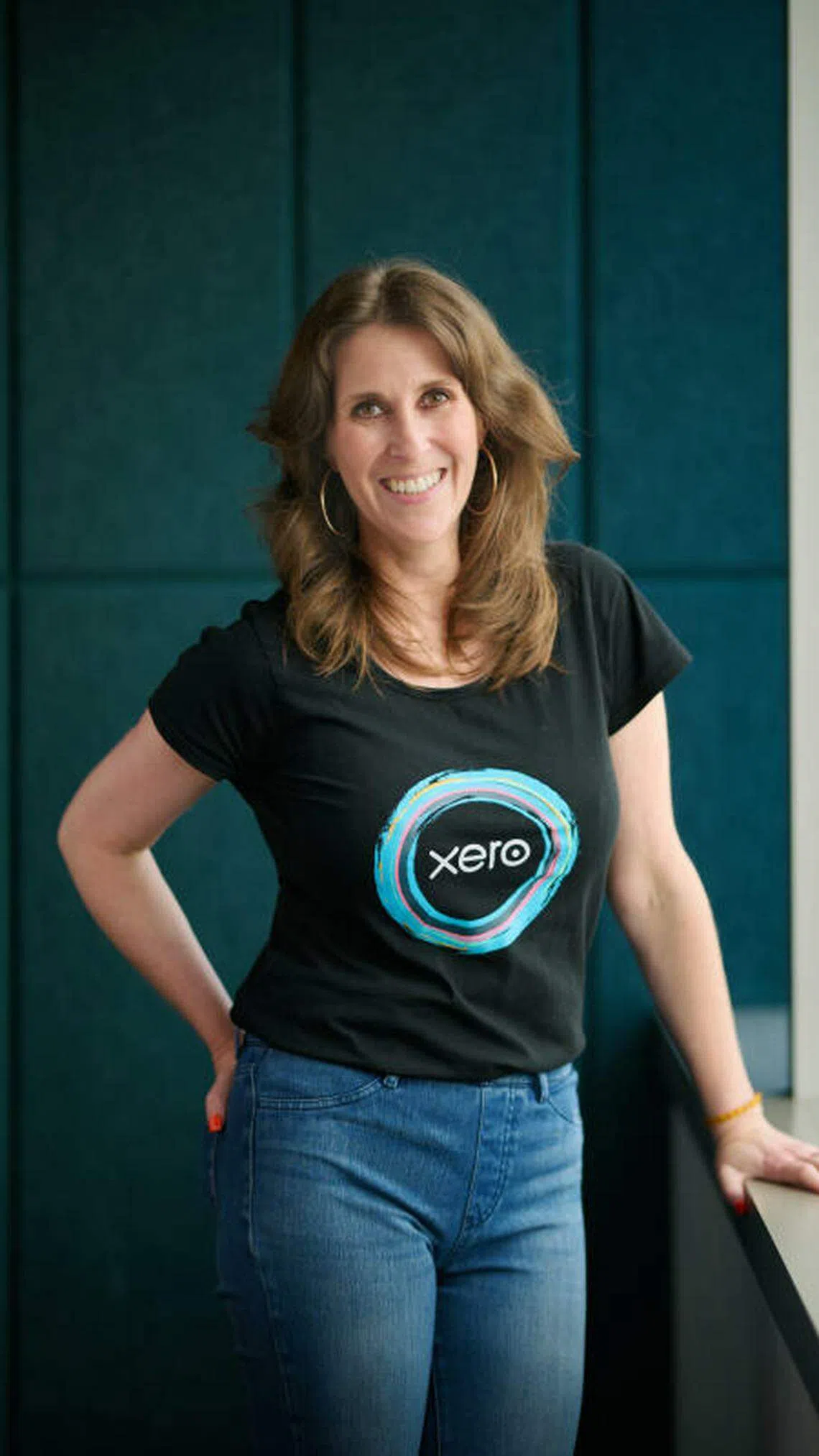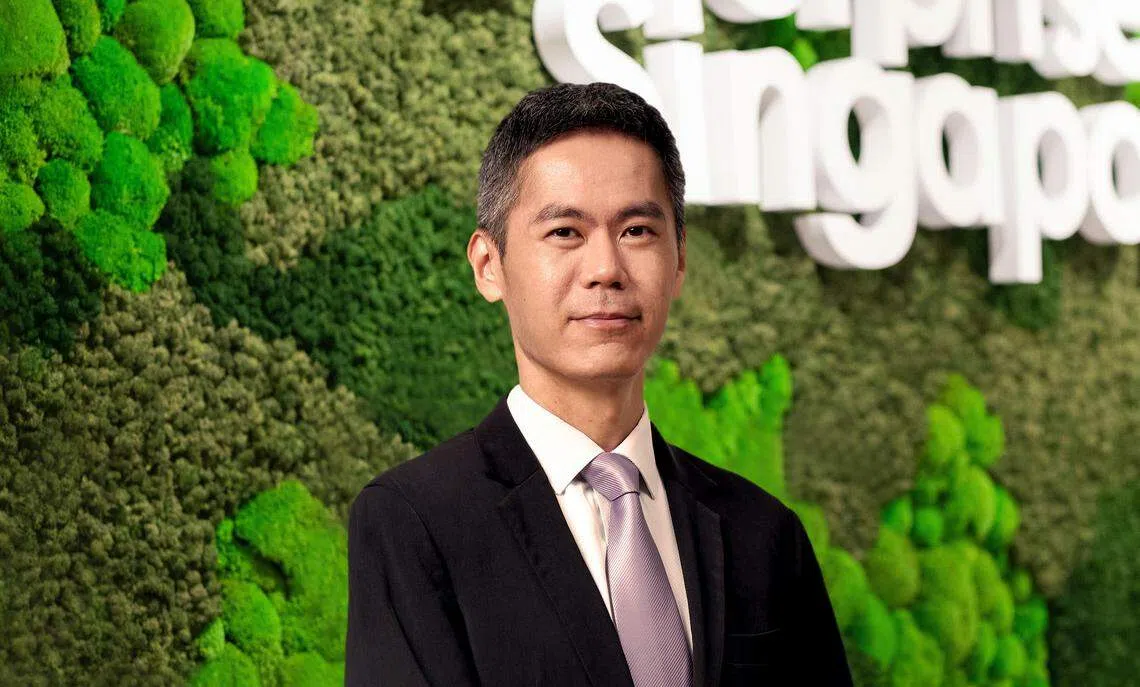Investing in innovation by SMEs key to managing rising costs: business leaders

Renald Yeo
AT A time when business costs are high and the purse strings of many small and medium-sized enterprises (SMEs) are tight, doling out resources on pursuing innovation is unlikely to be top of mind for most business owners. Yet, the current macroeconomic climate is precisely when investing in innovation – especially with the aid of government grants, to offset some costs – can be a boon, said business leaders. In today’s rapidly shifting business landscape, investing in innovation will allow SMEs to be better equipped in responding to market shifts and changes in customer preferences, ultimately improving the business’ bottom line, said Koren Wines, managing director of Asia at Xero.

“The cost of doing business has gone up, and this is something that keeps my clients awake at night,” noted Chester Leong, managing director of accounting and tax services provider BoardRoom Group. One way for SMEs to cope with rising costs is to innovate by tapping existing government schemes to adopt the digitalisation and subsequent automation of certain back-end functions, said Leong. Such schemes include the Infocomm Media Development Authority’s Start Digital initiative, which supports SMEs in building foundational digital capabilities. The adoption of digital tools, such as cloud accounting software, presents a lower-cost means of entry into innovation for SMEs, added Leong. There exists a misconception among some SMEs that innovation entails the funnelling of large sums of money into research and development costs. But that is just one facet of innovation, explained Leong, who noted that starting on small projects to explore new ways of incrementally improving business operations would also be considered innovation. “Innovation can be broken down into smaller steps which do not require companies to put in huge investments at one go,” said Soh Leng Wan, assistant chief executive of Enterprise Singapore. “To start their own innovation journey, SMEs can first map out the purpose and weigh the opportunity cost of pursuing innovation against maintaining their day-to-day business operations, before allocating resources according to their risk appetite,” Soh added. Wines concurred: “SMEs can foster a culture of innovation within their business by encouraging employees to share ideas, experiment with new approaches and upskill.”
Innovating during a crisis
In early 2020, overnight restrictions and enforced social distancing due to the Covid-19 pandemic meant that companies scrambled to rejig previously in-person and paper-based workflows. When SMEs found themselves unable to meet customers physically, some business functions that were typically paper-based – the issuance of invoices, for instance – had to go digital, said Leong. Part of the solution was to advise clients to adopt Xero’s cloud accounting software, where manpower productivity gains of up to 70 per cent were subsequently realised.

Leong said: “We were able to use Xero’s apps to quickly extract the invoices’ information and enter it straight away into the accounting system; previously, we had the invoices in hard copy, and we had to go through each invoice and key them in one by one. We could also send out payment reminders automatically. “Cost-savings wise, it’s huge – we freed up the staff’s time to do more important things.” Since 2020, BoardRoom has assisted more than 200 SMEs in Singapore, Malaysia and Hong Kong to adopt Xero’s software, Leong added. “By identifying new ways to streamline processes or automate manual tasks like invoicing or bookkeeping, SMEs can reduce errors and time spent, facilitate faster payments, and become much more efficient all around,” said Wines.
Harnessing data
Another by-product of innovating during the pandemic was a newfound appreciation for harnessing and monitoring data in real time, said Chua Ee Chien, managing director of food and beverage (F&B) company Whimsical, which runs restaurants Jekyll & Hyde and Graft. Said Chua: “Aside from just cooking food and hoping people will appear, data is about being able to look at who is coming, looking to see what people prefer buying, and being able to rejig your menu in such a way where you are constantly keeping on top of the latest trends – I think that is where the innovation actually comes.”

Besides utilising real-time consumer data to refine his restaurants’ offerings, Chua eyed harnessing the real-time passage of another crucial data point – his business’ cash flow. He explained: “To be able to understand your cash flow as the numbers come in is what I would say is the biggest innovation of all, because previously, you had to wait for your accountant to give you the numbers one or two months later.” By tapping Xero’s cloud accounting software, Chua could monitor his costs in real time and “make quicker decisions to be able to pivot and survive”. “If you suddenly see costs going up on one item – for instance, frozen chicken increasing by 30 per cent – you are able to manage your cash flow better, be it through increasing prices or finding a cheaper supplier more quickly,” said Chua. “In the F&B and hospitality industries, resource allocation, managing inventory and costs, and adapting to shifting consumer expectations and preferences are vital,” Wines added.
Navigate Asia in
a new global order
Get the insights delivered to your inbox.
Other means of innovating
Besides innovating by adopting digital tools, SMEs can consider utilising the Enterprise Innovation Scheme (EIS), Leong said. Announced in Budget 2023, the EIS provides tax deductions of 400 per cent for businesses working on key activities that boost innovation. Such activities include the acquisition and licensing of intellectual property (IP) rights, with qualifying expenditure capped at S$400,000. Said Leong: “SMEs that are thinking of commercialising or acquiring IP rights for their own local market, or who are going to other key markets, can make use of the EIS to get huge savings and tax deductions.” Beyond the financial support, the EIS “provides access to a range of support services, such as mentorship, networking opportunities and access to innovation ecosystems”, said Wines. Such an ecosystem would aid SMEs in ensuring that their innovation efforts are sustainable for the long term. She added: “This helps SMEs to develop the necessary capabilities to continuously undertake successful innovation projects and grow their businesses.” Meanwhile, cash-strapped SMEs can turn to the Enterprise Financing Scheme (EFS) for relief as well, Leong said. In Budget 2023, enhancements to the EFS – including trade loans and working capital loans – were extended for a year till Mar 31, 2024.

Additionally, SMEs looking to kickstart their innovation journeys can lower the barrier to entry by partnering Centres of Innovation (COI), Soh said: “The COIs serve as a one-stop innovation hub, providing access to specialty equipment, laboratory facilities, technology consultancy and training.” There is also the Innovation Advisors Programme, where appointed industry partners mentor and provide advice and networking opportunities; and the Open Innovation Challenges, where SMEs get to address problem statements validated by the industry, Soh added. Another important element to innovation lies in the company’s mindset and culture, said Wines. The main barrier to adopting technology among companies was an inability to understand new technology, Wines added, citing a 2022 One Step report by Xero. She said: “With this in mind, educating and upskilling staff are foundational to developing an innovative mindset and maximising the value technology can bring to their businesses.”

Decoding Asia newsletter: your guide to navigating Asia in a new global order. Sign up here to get Decoding Asia newsletter. Delivered to your inbox. Free.
Copyright SPH Media. All rights reserved.

